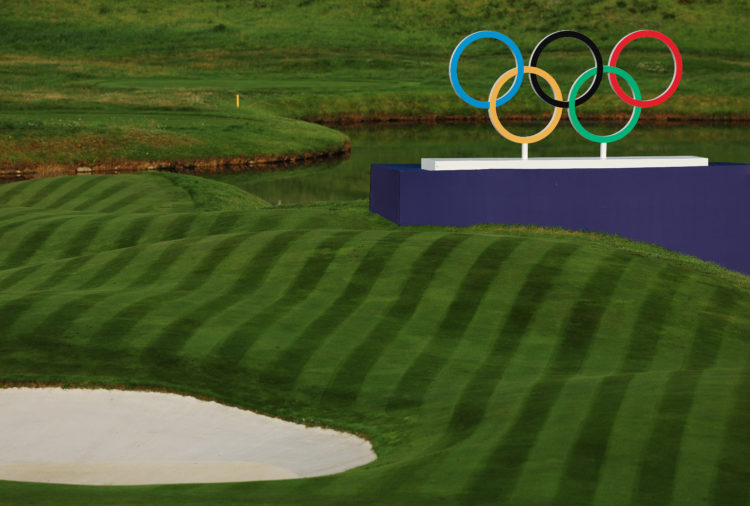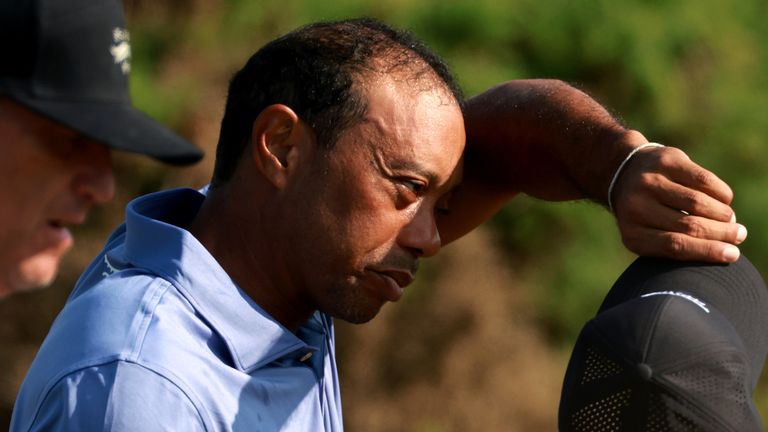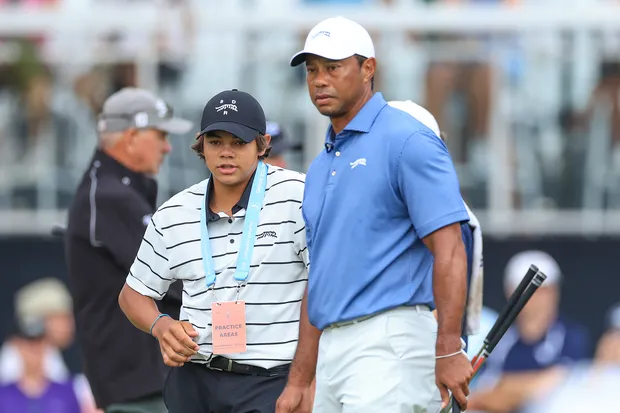The Olympics could have made a big mistake with golf before the tournament even starts
The highly anticipated Olympic golf event at Le Golf National is set to commence this Thursday, bringing together some of the world’s elite golfers who will compete for coveted podium positions. As the tournament gets underway, all eyes are on Team USA, widely regarded as the favorites due to the impressive form of their star players Scottie Scheffler and Xander Schauffele. Both golfers have been in exceptional shape leading up to the 72-hole competition in Paris.
The remainder of the U.S. team includes Collin Morikawa and Wyndham Clark. While Morikawa’s inclusion is met with general approval, Clark’s selection has stirred controversy among fans. Critics point to Clark’s recent lackluster performances on the PGA Tour as a reason for their dissatisfaction, suggesting that his spot on the team might have been better allocated to another player in stronger form.
On the other side of the Atlantic, Rory McIlroy is hoping to recover from his disappointing performance at the Open Championship. Golf pundit Rex Hoggard has expressed confidence that McIlroy will secure a medal, a prediction that adds an extra layer of intrigue to the event.
However, the format of the Olympic golf tournament has sparked a debate. Traditionally, the event follows a 72-hole stroke play format, similar to most weekly PGA Tour events and major championships, which run from Thursday through Sunday. Since the World Golf Championships (WGC) Match Play event was discontinued in 2023, the golf calendar has been dominated by stroke play formats, leading some to believe that the Olympics had a unique opportunity to introduce a different style of play.
Instead of adhering to the conventional stroke play format, the Olympics could have innovated by adopting a match-play format. This format, where players face off head-to-head, or a team-based format akin to the Ryder Cup, where nations compete against each other, would have offered a refreshing change. Such a format could have injected a greater sense of excitement and competition, making the event stand out amidst the typical golf schedule.
Match-play events are often considered more engaging for viewers compared to standard stroke play tournaments. The head-to-head nature of match play introduces a level of risk and strategic depth that can captivate audiences from the very start of the competition. Historical Ryder Cups like the ‘Miracle at Medinah,’ the ‘Battle of Brookline,’ and the ‘War by the Shore’ are celebrated not just for the dramatic moments but also for their unique formats that created compelling narratives.
Given golf’s need to evolve and attract a broader audience, the decision to stick with the traditional format for the Olympics may be seen as a missed opportunity. An innovative format could have made the event more dynamic and appealing, potentially drawing in new fans who are looking for something beyond the typical stroke play experience.
While the Le Golf National competition is expected to be exciting and engaging, the choice to maintain the conventional format raises questions about missed opportunities for innovation. As we look ahead to the 2028 Olympic Games in Los Angeles, it is hoped that organizers will consider making alterations to the current format to better capture the imagination of golf fans and introduce a fresh, captivating element to the sport’s Olympic showcase.






